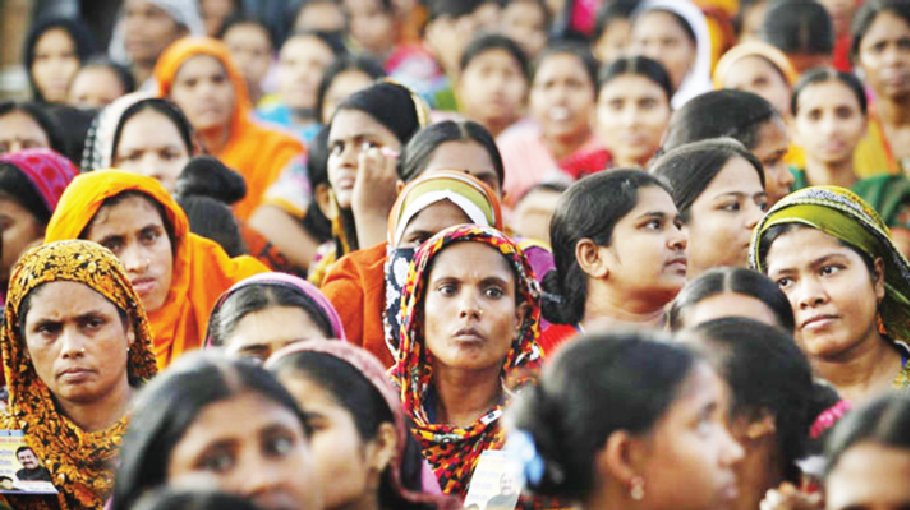SANEM, MFO conduct research on life standards of RMG workers

South Asian Network on Economic Modeling (SANEM), in collaboration with USA-based nonprofit organization, Microfinance Opportunities (MFO), is conducting a research project on the quality of life of garment workers in Bangladesh.
Around 1,300 selected garment workers are surveyed every week since April 2020 under the project “Garment Worker Diaries”.
These workers are employed in factories spread across the five main industrial areas of Bangladesh (Chittagong, Dhaka City, Gazipur, Narayanganj, and Savar). Three-quarters of the survey respondents are women, which roughly represents the composition of labour force in the RMG sector as a whole.
As part of the research project, the Garment Worker Diaries (GWD) has estimated the “living wage” for the RMG workers of Bangladesh.
According to the Global Living Wage Coalition (GLWC), living wage can be defined as, “The remuneration received for a standard work week by a worker in a particular place sufficient to afford a decent standard of living for the worker and her or his family. Elements of a decent standard of living include food, water, housing, education, health care, transportation, clothing, and other essential needs including provision for unexpected events.”
Using an adjusted version of the Anker Methodology, the living wage range, in the research study, was estimated to be Tk 19,200 to Tk 22,900 for Dhaka, Tk 21,300 to Tk 26,000 for Chittagong and Tk 19,200 to Tk 22,900 for Gazipur, Narayanganj, and Savar.
The median earnings reported by workers in the second quarter (April-June) of 2022 for working a regular work month (without accounting for overtime) was Tk 9,984 (Tk 9,669 for women and Tk 10,928 for men), resulting in a wage gap between 51% and 60% for women workers, and 45% to 54% for male workers.
Depending on the area and the living wage benchmark used, the current wage gap is anywhere from Tk 9,408 (49%) to Tk 15,616 (60%) per month for women and Tk 7,947 (41%) to Tk 14,400 (55%) for men. To make up for this gap, workers increasingly rely on overtime and excess hours (work hours that go beyond the legal limit) to make ends meet.
To calculate the cost of a basic but decent life the GWD used expenses related to food, housing, other essential needs, and a small margin for unforeseen events. The methodology calculates this for an average household in Bangladesh, a household of four, over the average number of adult earners in a household, which in Bangladesh is 1.58.



